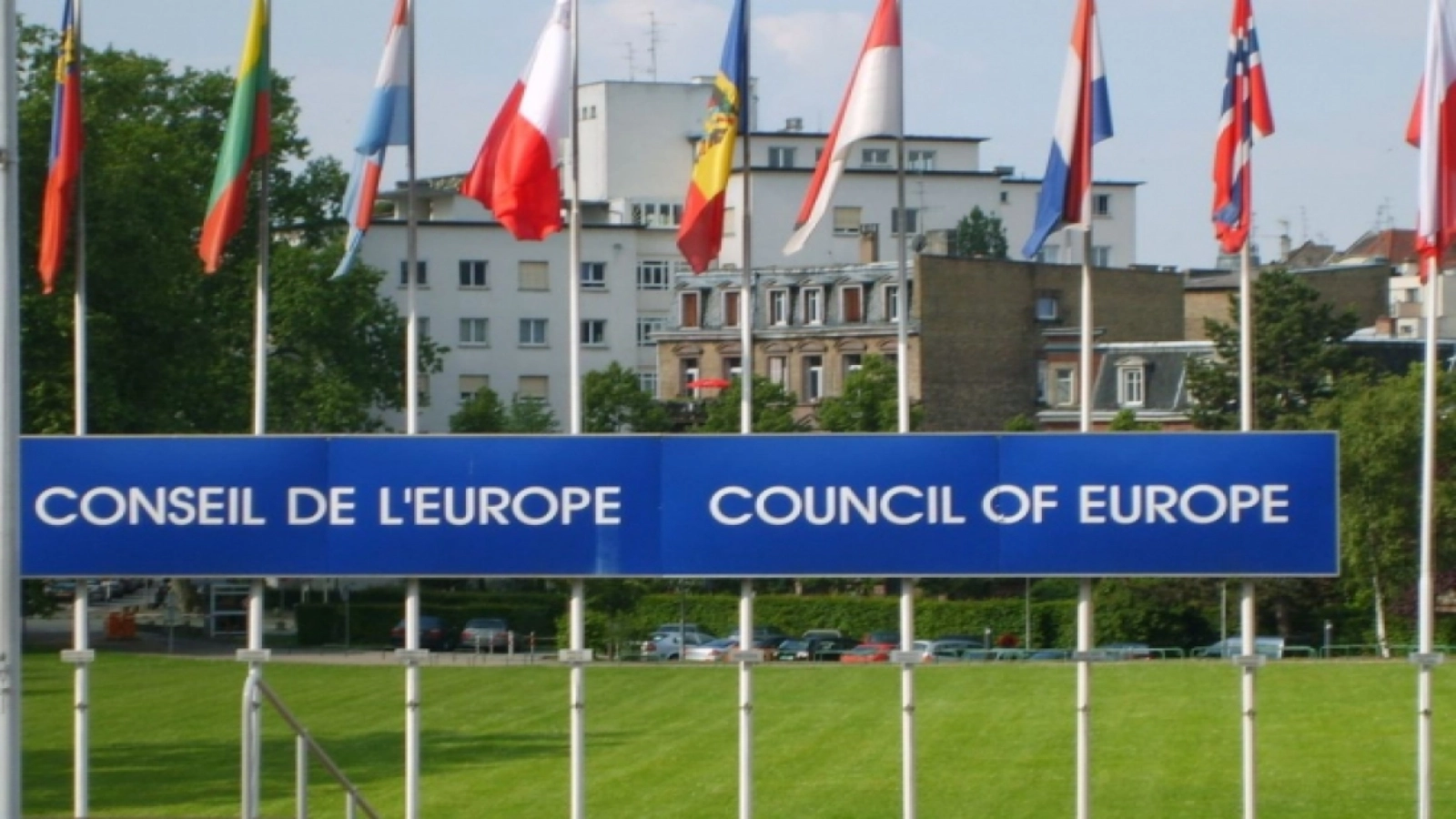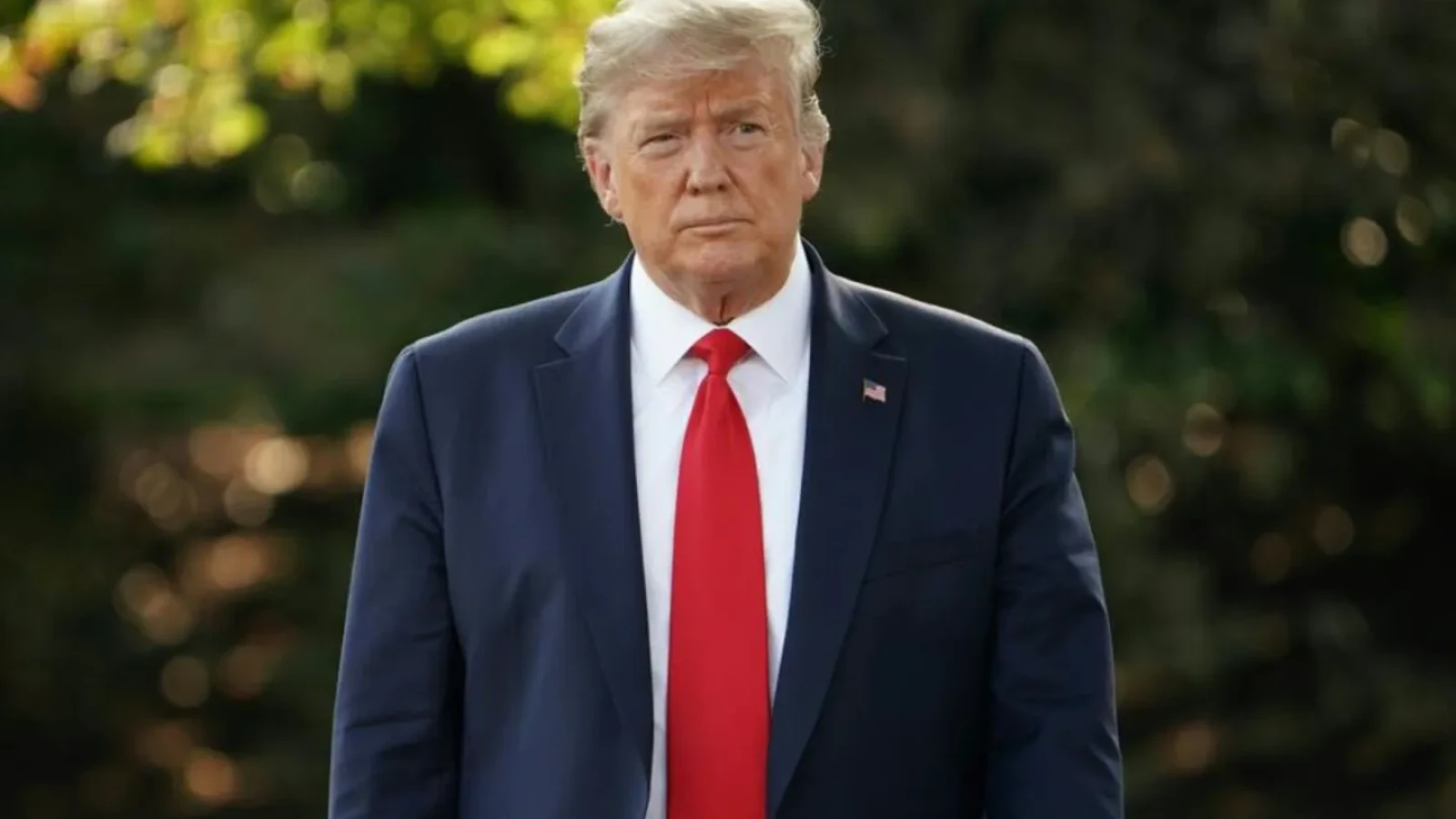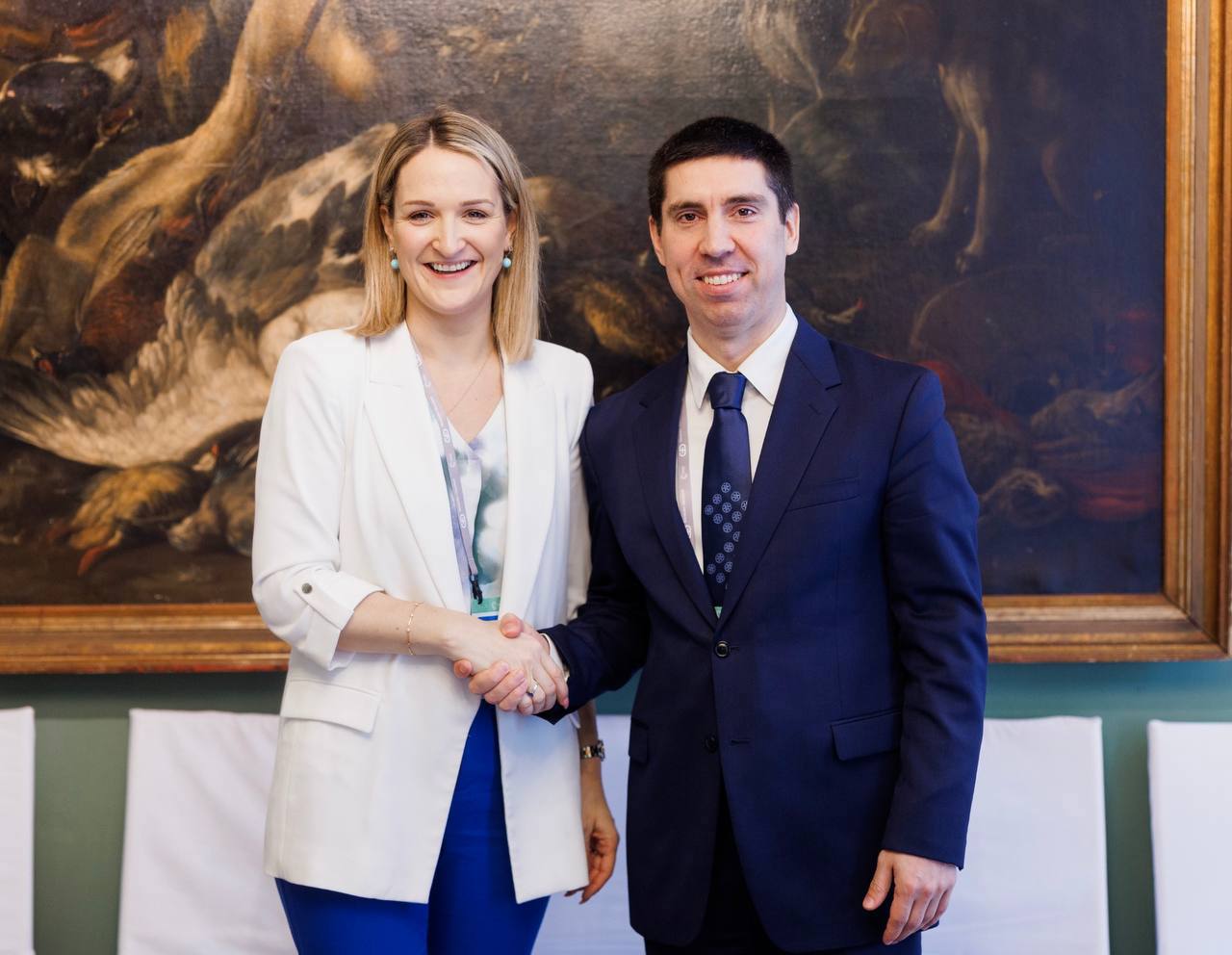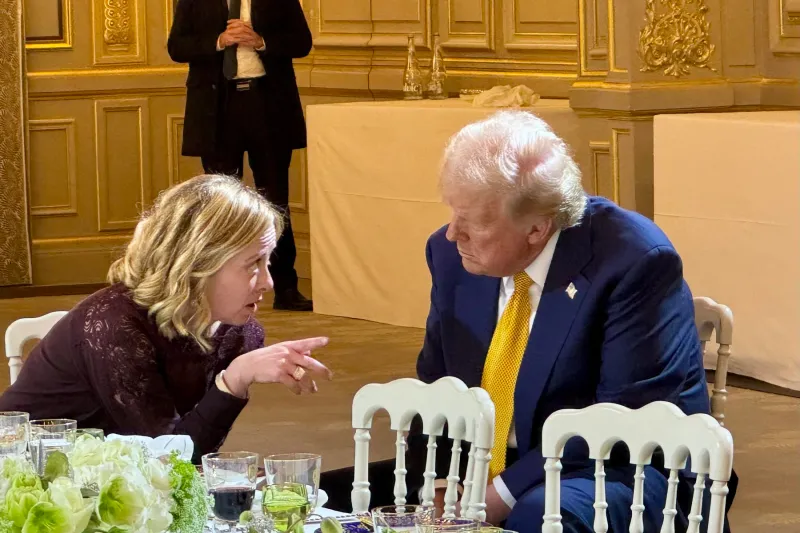Romania's presidency at the Council of the European Union on Tuesday kicked off negotiations with the European Parliament to ensure the best premises for the use of the future European money, as provided by the Cohesion Policy, the European Funds Ministry (MFE) informs Wednesday in a release.
The first trialogue under Romania's presidency at EU Council took place on Tuesday night, regarding the future regulations on the European funds provided by the Cohesion Policy, a file handled by the MFE.
The European Funds Minister Rovana Plumb, in her capacity of president of the Cohesion-format General Affairs Council, in the name of the EU Council's presidency, the co-rapporteurs of the European Parliament and the Commissioner for Regional policy, Corina Cretu, have agreed on a bold negotiations calendar.
"Such an approach is necessary to ensure the programming, the management and the implementation of the future European funds at the level of all the Member States of the EU. In this respect, in order to agree upon the necessary legal frame and to succeed in due time the preparation of the future European programmes, capable to allow the fund beneficiaries of all Union to have access to the allocated funds, the Presidency of the EU Council, represented by Minister Rovana Plumb, and the EU bodies cooperate closely, the long of this period," the MFE release reads.
Trialogues are informal three-party meetings at the EU level negotiations on the legislation to be adopted. They take place between the representatives of the EU Council, the EP, and the EC. The goal of a trialogue is to reach a provisional agreement on a text acceptable for both the EU Council and the European Parliament, the MFE adds. During a trialogue, talks are eased by the co-legislator hosting the meeting - be they the European Parliament or the EU Council. The two bodies each explain their position during a debate. The European Commission acts as a mediator in view of completing an accord between the co-legislators.
































Comentează